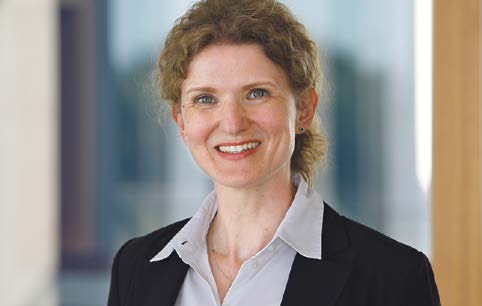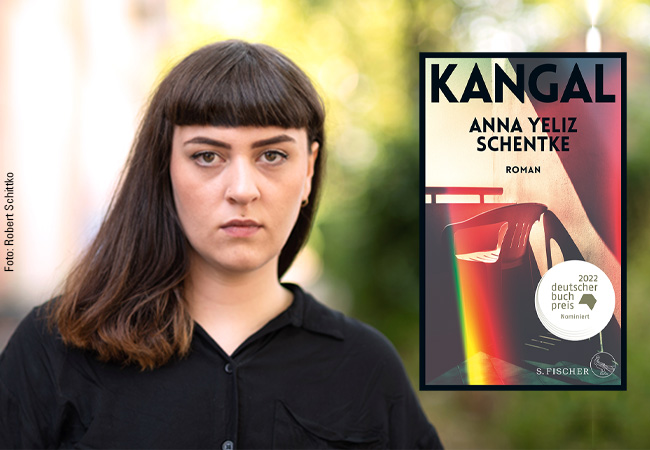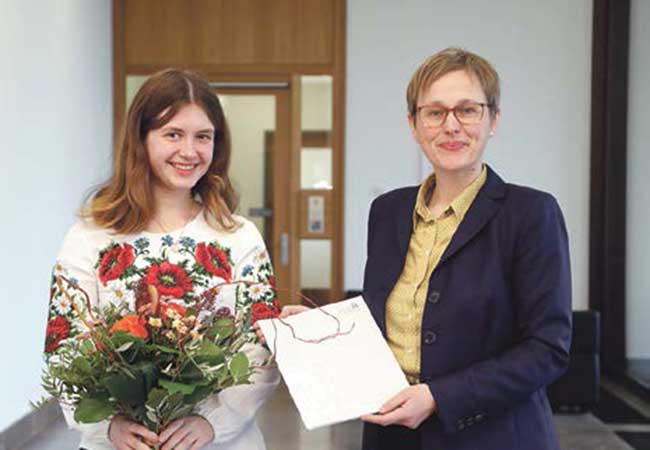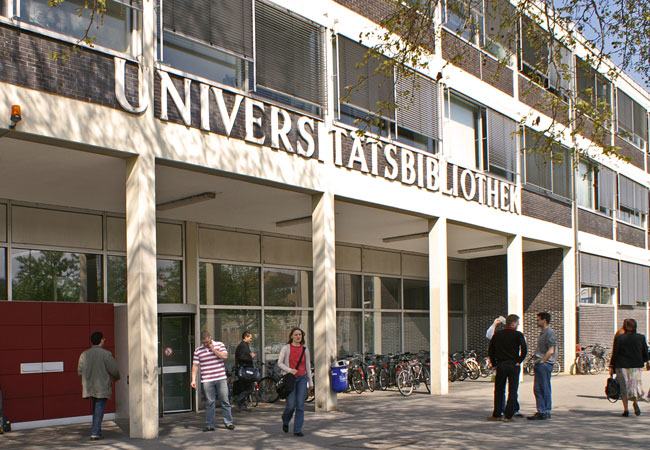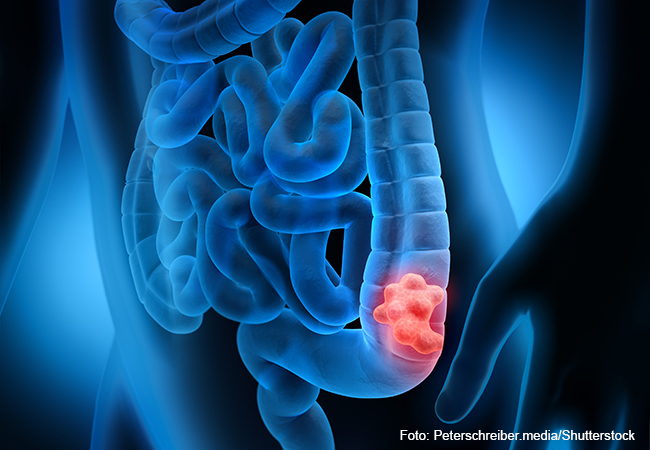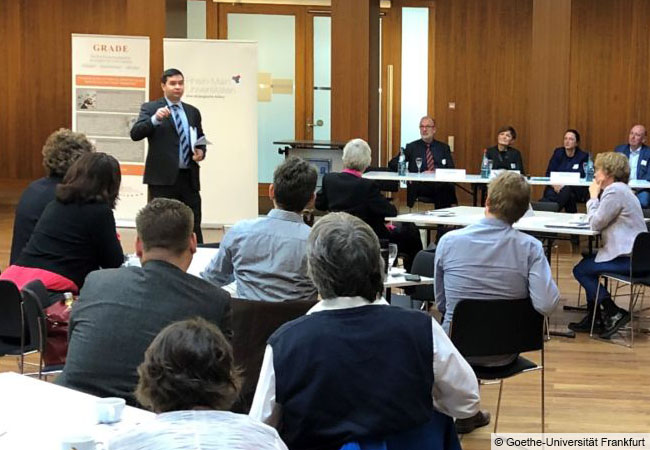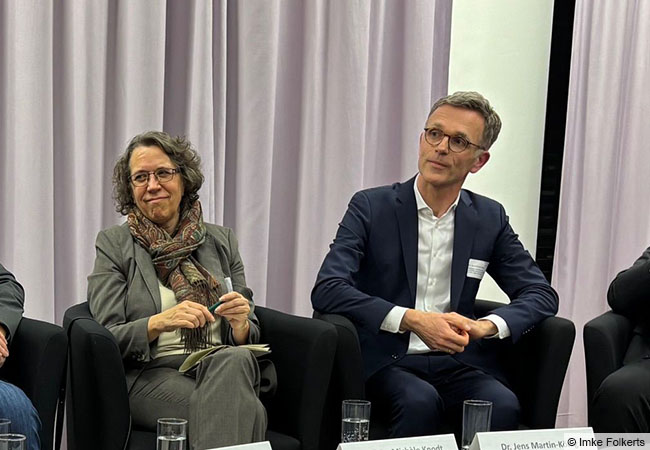There are many advantages to being able to clearly assign scientific publications to their authors and their respective institutions. The number and type of publications is an important criterion both when it comes to the evaluation of individual scientists as well as in university rankings. With a view towards supporting clarity and unambiguity, Goethe University’s Executive Board, in cooperation with the University Library, took two important measures last year.
Goethe University’s new affiliation policy
For the first time ever, Goethe University was given an affiliation guideline, available online (in German) here. One of the most important stipulations is that the Goethe University name should be provided in publications in a standardized form (for example, in the affiliation details) as either „Goethe-Universität Frankfurt“ or „Goethe University Frankfurt“. This also applies to authors at the University Hospital: The top level is „Goethe University Frankfurt/Goethe-Universität Frankfurt“, with the „University Hospital/Universitätsklinikum“ making up the second level. Only in adopting this nomenclature can publications, including, for example, in article databases, be (semi-)automatically and reliably assigned to Goethe University, and publications receive funding from the Goethe University OA Publication Fund. In addition, it is generally recommended that all researchers obtain an ORCID profile and provide their ORCID iD in publications.
ORCID iD – there can be only one
Name changes, identical names, representation problems with diacritical marks, change of institution, change of the institution’s name – there are many reasons why it is often unclear who exactly stands behind an author’s name. This problem is addressed by the ORCID iD, which has become a worldwide standard. Anyone can create a profile in the ORCID portal (https://orcid.org/) and receive their own unique ORCID iD, which can be assigned to publications, the curriculum vitae, research proposals and much more. In this way, publications can be clearly assigned to their authors, even if their names change. It is also possible to store further information, such as the affiliation to research institutions, in ORCID. ORCID is a non-profit initiative, and since it is possible to actively choose which of the data entered can be viewed by the public, data misuse is largely ruled out.
Roland Wagner iD 0000-0002-7137-8786
The University Library Open Access Team is happy to advise you on matters related to the Affiliation Policy or ORCID iD.


